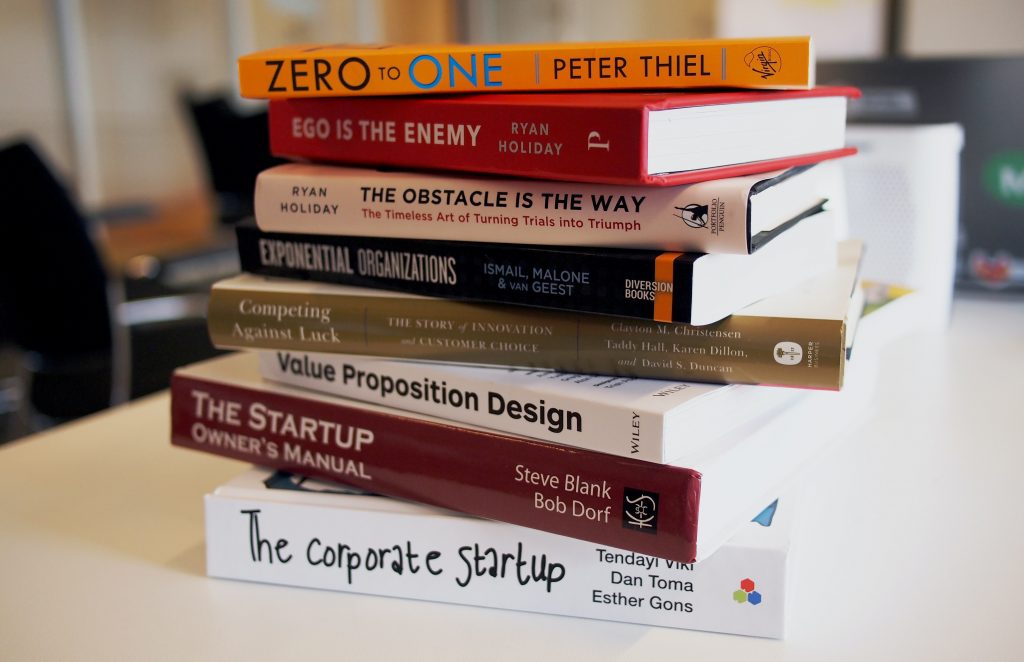
I had a coaching session with a client the other day. She felt stuck – ready for a big change but lacking in confidence and lacking in direction. As we spoke, I realised she doesn’t place much value on who she is, on her uniqueness, or on her varied experiences. I gave her an exercise to work on to help her see her true value – I’ll explain what it is later.
This client was was toying between starting up her own business and finding any half-decent job that she might quite enjoy and that would pay the bills. As we chatted, she mentioned a conversation with some friends and the feeling that she had to talk differently to them. She felt that they were so much more successful, more knowledgeable than her, that she wasn’t quite on their level.
It became quite clear to me that she can’t see her own talent or attributes – at all.
She has a sporadic work history, doing lots of different jobs in lots of different places; she worked in a school, in a cafe, in an office. As she’s never really had a ‘career’ – she feels that her experience is trivial, or of no consequence.
Not only that, but listening to her, and knowing her a little, I know that she has so many personal attributes that make her incredibly special. So many things come to her naturally, that others don’t possess. She’s just not aware of them.
Her listening and empathising skills are incredible. She makes people feel comfortable, warm and invited. She is an amazing host; setting a beautiful scene, cooking delicious food, being an entertaining and welcoming host.
She’s organised, a planner, and efficient. She notices details. She’s the kind of person that if something needs doing, she’ll get it done.
Passion
She also worried that she isn’t passionate about anything. She felt that she was lacking some sort of strong feeling towards anything. But as we spoke I realised that she was linking ‘doing’ and ‘not doing’ with what she felt was the right to feel or not feel. She mentioned someone playing a game or creating something and getting really stuck in as evidence of how passionate they are. But she felt that for example, the way live music makes her feel, invigorated, moved, alive; is irrelevant as it’s not her making the music or creating the vibe. I reminded her that passion is all about feeling, whether or not you’re directly creating or doing ‘the thing’.
Doing good work and spending your time well doesn’t have to mean working hard on something you are passionate about. I think this is quite rare and you’re incredibly lucky if you find it. Most of us are replying to emails, making calls, going to meetings. Not necessarily stuff to be passionate about. But – if you are passionate about what this work is aiming to achieve and the effect it will have on the world, that’s something. And if you are passionate about the people you work with, or the environment in which you work, or the lifestyle it lets you lead – that’s important too.
In fact, I think we have to be careful tying in ‘passion’ and ‘work.’ I think it’s perfectly acceptable and normal to do work that’s fine or pretty good, and to find your passions out of work. And that doesn’t have to mean a having particular hobby that you are obsessed with and passionate about. It can just mean having a pretty nice time, enjoying cooking, chatting to friends, walking in nature.
Write a chronology
Back to my client. She doesn’t realise how important her skills, experiences and attributes are and that not everyone has them. She is totally devaluing herself.
As a task I told her to write a chronology of all the things she has achieved since leaving uni up until now. Where has she been, what has she learned, what courses has she done? What interesting experiences has she had, what opportunities has she found or created. Which languages has she learned and spoken, what jobs has she completed. Where has she volunteered. What brave choices has she made.
I want her to go through this process to try and give her an outsider’s view on all that she’s achieved. Writing a cv can seem a little limited and dull, you have to condense things into soundbites. But in writing out a chronology of life events, I wondered if she’ll be able to see a thread running through. Where did she follow her heart? What drew her to volunteer, or move to another country? Is there anything she has been consistently interested in over this time? What did she think she’d enjoy, but found it wasn’t for her?
I’ll check in with her next week and find out what, if anything, she’s discovered. The aim of the exercise is to change your perspective, to start to view things slightly differently. What if she can see that she’s a brave, adventurous person, an explorer? Someone who’s not willing to settle for ‘normal’, or safe, or do what everyone else does?
Can she change her narrative from seeing herself as a drifter with no direction to someone who’s experimenting, exploring, working to find her way to what really makes her tick?
If you’d like coaching session with me, find me on LinkedIn or email me at joaopoku@gmail.com.




